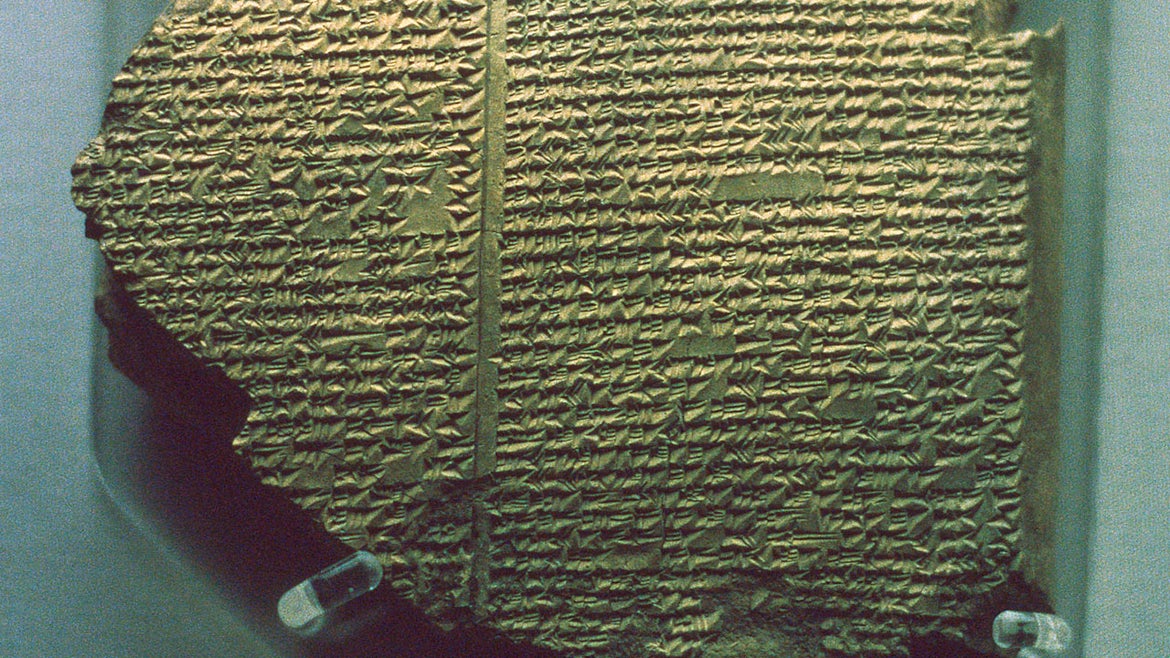The handoff will take place Thursday in Washington, D.C.
A 3,500-year-old clay tablet from Iraq that the United States Department of Justice says was stolen during the Gulf War and sold illegally in America will be returned to the Middle Eastern nation, Bloomberg reported.
The tablet, which the craft-chain Hobby Lobby purchased in 2014 for $1.67 million, has been on display at the Museum of the Bible in Washington.
The Museum of the Bible was started by Hobby Lobby’s billionaire founder and CEO, David Green, Bloomberg reported. The 5-by-6-inch tablet, known as the Gilgamesh Tablet, features inscriptions in Sumerian which is the language of the ancient Mesopotamian people and is considered one of the world’s oldest religious texts.
U.S. authorities seized the tablet in 2019 from the museum, saying it was stolen and needed to be returned, NPR reported.
On Thursday, Hobby Lobby will hand over the tablet back to the Iraqi people at the Smithsonian's National Museum of the American Indian. The tablet is one of 17,000 looted antiquities that the America has agreed to return to Iraq, NPR reported.
"By returning these illegally acquired objects, the authorities here in the United States and in Iraq are allowing the Iraqi people to reconnect with a page in their history," UNESCO Director-General Audrey Azoulay said in a statement.
During the 1991 Gulf War, Saddam Hussein’s regime lost control of regions of Iraq and several regional museums were looted of historic objects with one of the items being what historians suspect to be the Gilgamesh Tablet.
For more than a decade, Hobby Lobby has collected biblical artifacts and in 2017 agreed to forfeit thousands of illegally imported items and pay a $3 million fine under a settlement with the DOJ, Bloomberg reported.
In March 2020, Green and Hobby Lobby said they would return 11,500 objects to the governments of Iraq and Egypt, NPR reported.
Green said in 2017 that the company “should have exercised more oversight and carefully questioned how the acquisitions were handled," The Guardian reported.






